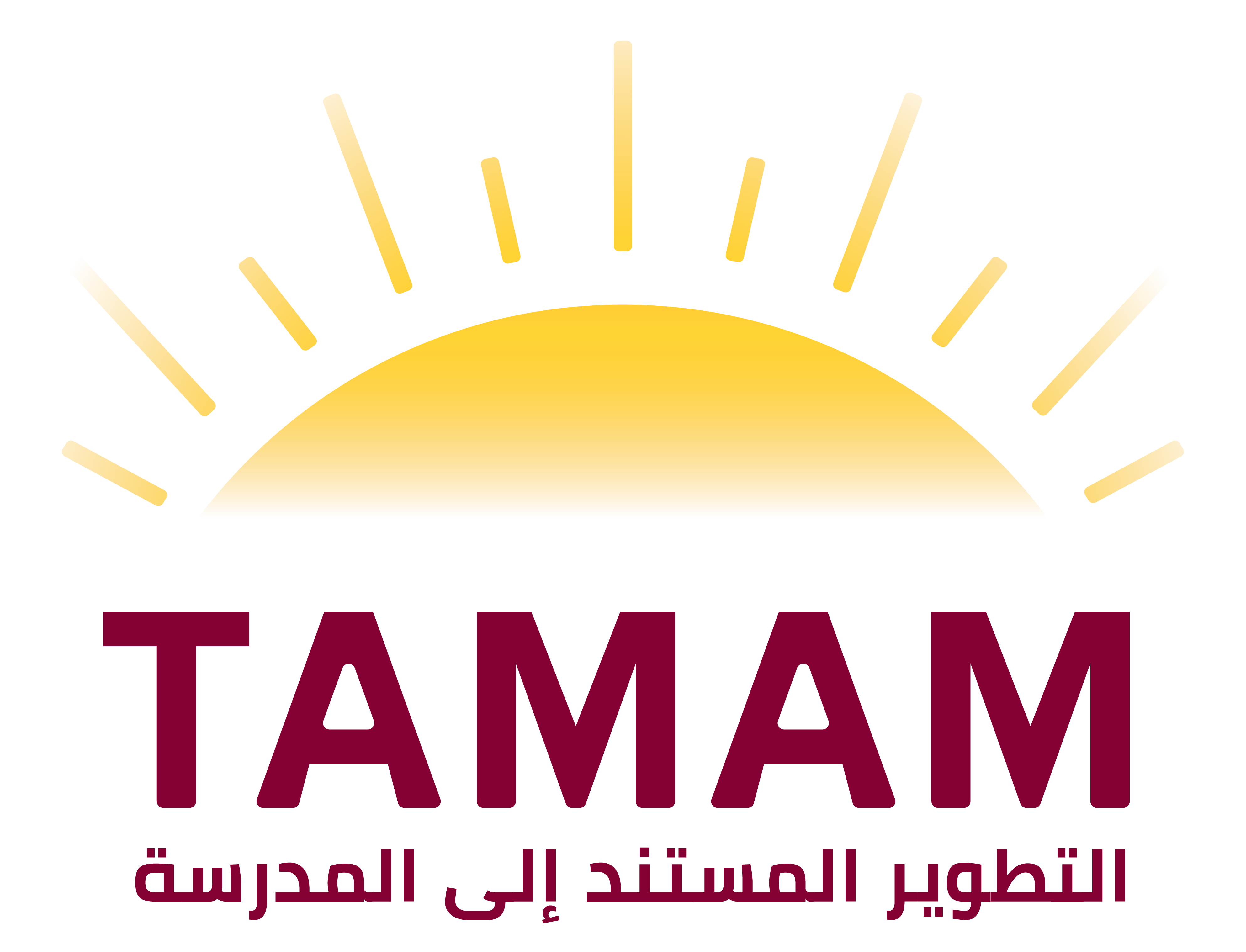Leading and leadership are yet to be associated with women in the educational sector in the Arab world. A recent report on women in the educational sector in the Arab region (Karam et al., 2021) revealed that their retention and promotion is very low, contributing to a lack of women in leadership roles. Since the mid-1970s, a growing number of international studies have examined women’s experiences in formal educational leadership positions (Shakeshaft, 1999) while neglecting to study non-positional leaders. This is a surprising gap especially with the current shift towards conceptualizing leadership as exercising influence (Spillane, 2006; Yukl, 2010). The lack in studies looking at women non-positional leaders is even more pronounced in the Arab world where the experiences of women educational leaders are not attended to as they are very rarely examined (Arar, 2018). Responding to the need for examining the experiences of Arab non-positional women leaders, we conducted a study with a group of 10 women researchers/consultants who lead, non-positionally, as part of a university-school partnership, a school improvement project in the Arab World. This study focused, through a critical qualitative case study methodology, on examining their conception of successful leadership as women, the enabling conditions that led to their success as women leaders and the strategies they have used to overcome the challenges faced because of their gender. Developing such an understanding of the experiences of non-positional educational women leaders is key as it contributes to shedding light on what should be provided to enable teachers, which are mostly women, to lead from where they are, which is crucial if we are to achieve effective school improvement (Lambert, 2003).
محام وشريك مؤسس في مكتب رشيد فهمي كرامي للمحاماة والإستشارات القانونية. محكم ووسيط دولي معتمد لدى عدد من المراكز المحلية والعالمية. مدرب معتمد على الوساطة والتحكيم لدى نقابة المحامين في طرابلس ومركز التسوية الفعالة للنزاعات– لندن ومعهد المحكمين القانونين. وضع وشارك في العديد من الدورات التدريبية المحلية والدولية المتعلقة بالوساطة والتحكيم. تولى وضع عدة مشاريع قوانين أبرزها مشروع قانون الوساطة المعتمد من نقابة المحامين في طرابلس والمناقش حالياً أمام اللجان النيابية المختصة. كما تولى وضع قواعد مركز الوساطة والتحكيم في نقابة المحامين في طرابلس. بالإضافة الى إعداد عدد من الدراسات القانونية والمتعلقة بالوساطة والوسائل البديلة لحلّ النزاعات. خبير سابق في الوساطة لدى مؤسسة التمويل الدولية. مستشار وزير الشؤون الإجتماعية لشؤون المرأة والطفل والمشرف على خطة وزارة الشؤون الموضوعة لحماية المرأة والطفل والموقعة مع الـيونيسف. عضو في جمعية بيت التدريب والحوار
